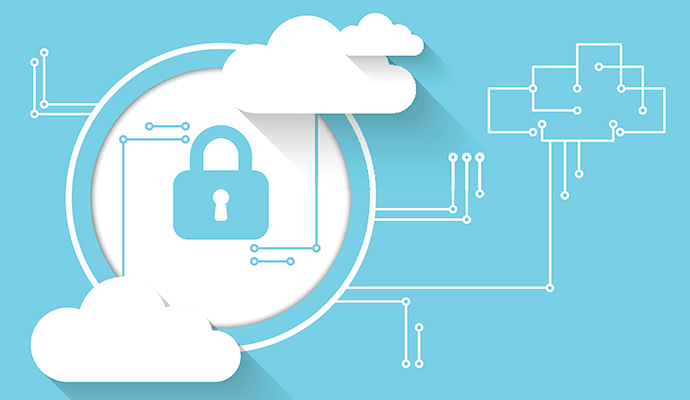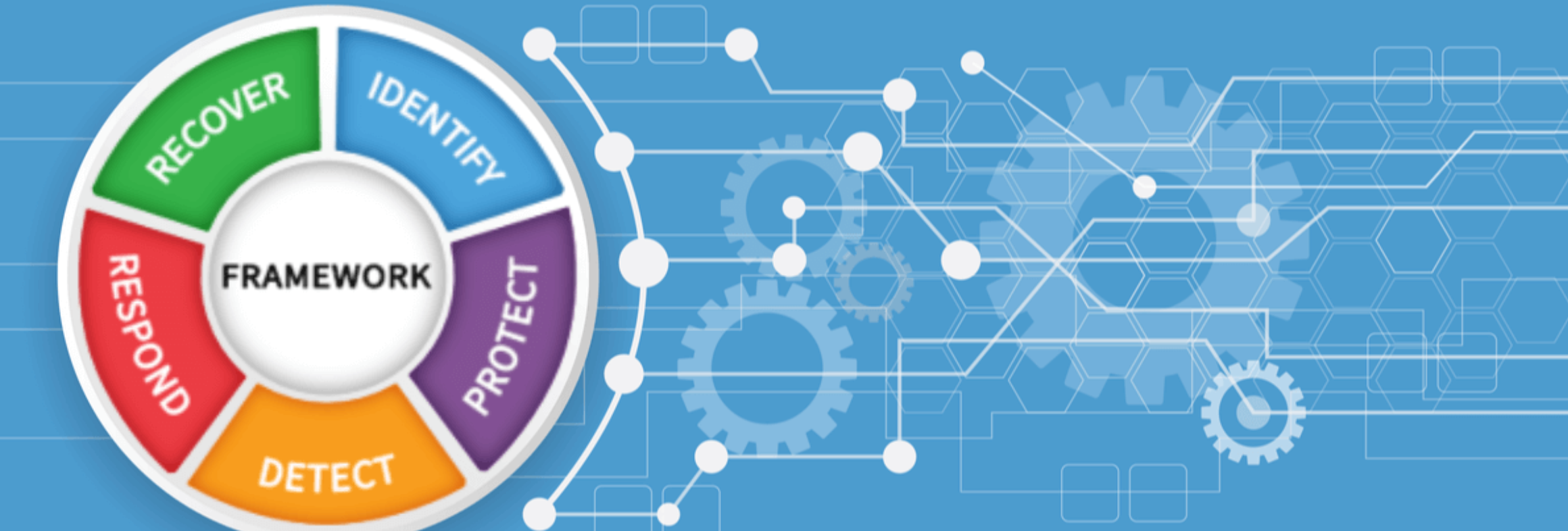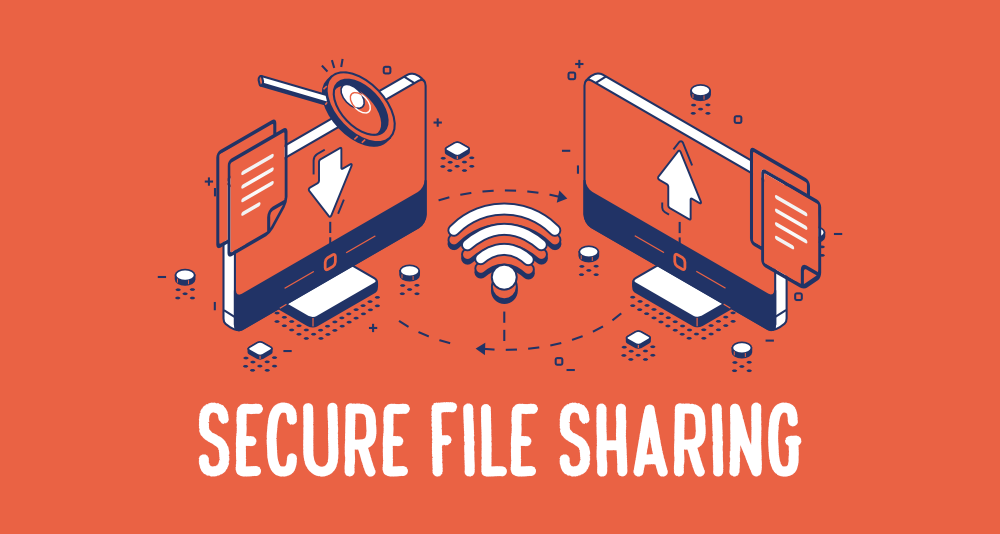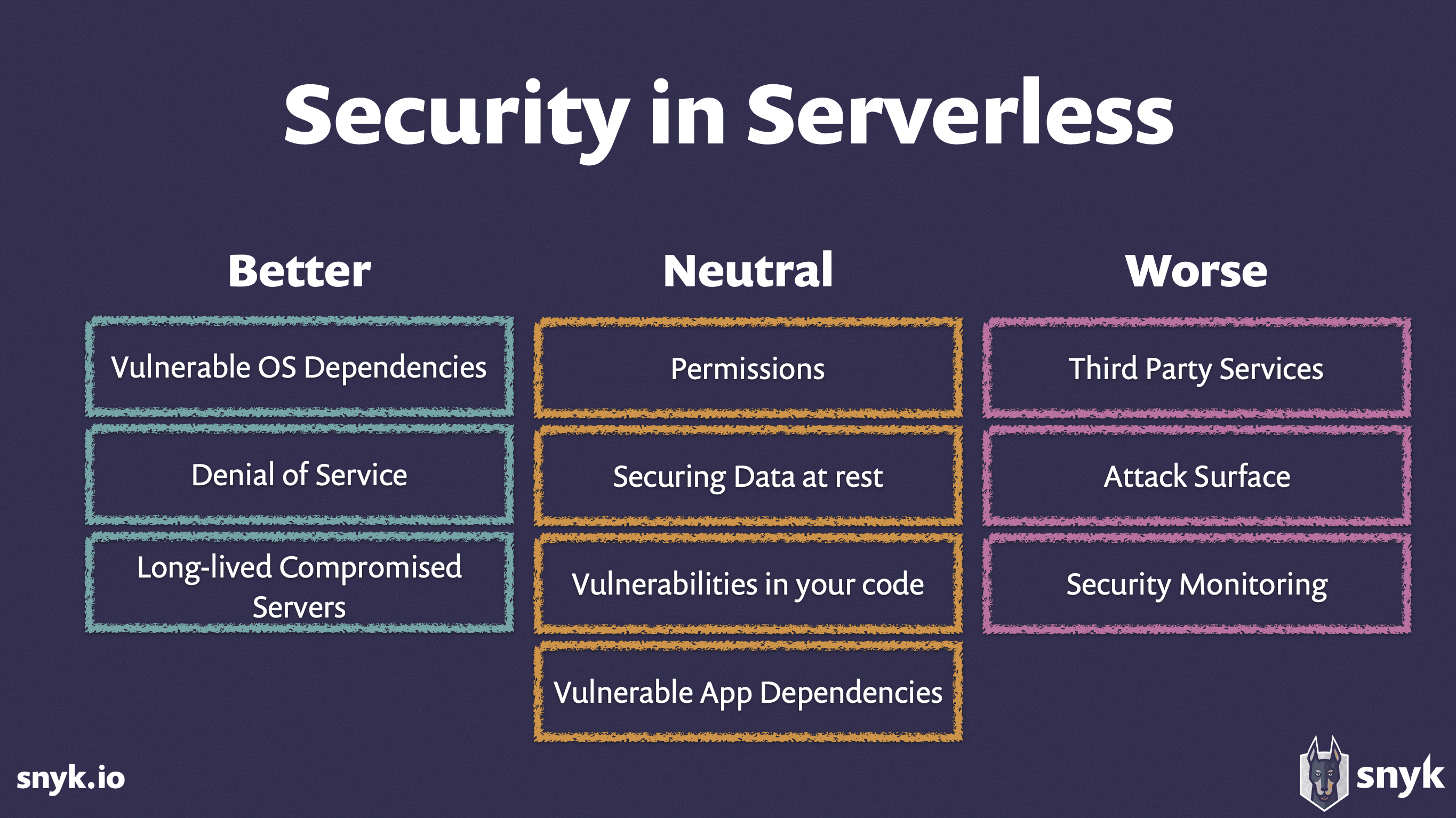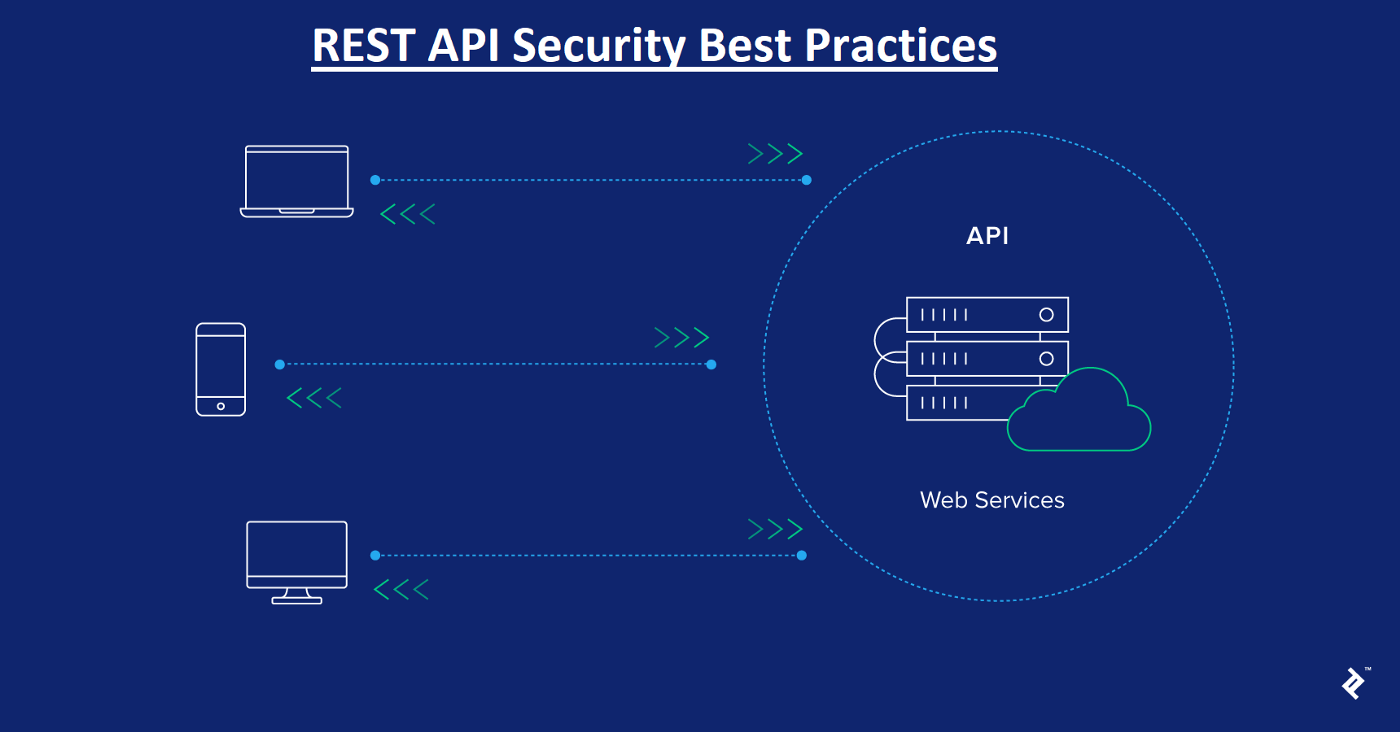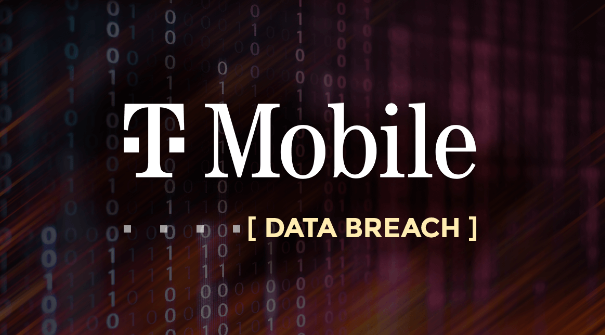
On May 2, 2023, T-Mobile disclosed that it had experienced a data breach that exposed the personal information of hundreds of its customers. The breach occurred between late February and March 2023, and affected 836 customers.
The information exposed in the breach included names, dates of birth, addresses, contact information, government IDs, social security numbers, and T-Mobile account pins. T-Mobile said that no personal financial information or call records were accessed in the breach.
T-Mobile is offering free credit monitoring and identity theft protection to affected customers. The company is also working with law enforcement to investigate the breach.
This is the ninth data breach that T-Mobile has disclosed since 2018. The company has been criticized for its handling of previous data breaches, and some experts have called for the company to be broken up.
T-Mobile has said that it is taking steps to improve its security measures and prevent future data breaches. The company has also said that it is working to educate its customers about cybersecurity risks.
Here are some tips for T-Mobile customers to protect themselves from identity theft:
Place a fraud alert on your credit report.
Monitor your credit report for any suspicious activity.
Be careful about what information you share online.
Use strong passwords and change them regularly.
Enable two-factor authentication for your online accounts.
Be aware of phishing scams and malware.
How It Happened
The T-Mobile data breach was caused by a hacker who gained access to one of the company's computer systems. The hacker was able to steal the personal information of customers who had created accounts on T-Mobile's website or who had used the company's customer service line.
The hacker is believed to have used a combination of phishing emails and malware to gain access to T-Mobile's systems. Phishing emails are emails that are designed to look like they are from a legitimate source, such as a bank or a government agency. The emails often contain links or attachments that, if clicked on, install malware on the victim's computer. Malware is software that can be used to steal personal information or to take control of a computer.
Could It Have Been Stopped?
The T-Mobile data breach could have been stopped if the company had taken steps to improve its security measures. T-Mobile could have implemented stronger security measures, such as using multi-factor authentication and encrypting customer data. The company could have also done more to educate its employees about phishing scams and malware.
What Do Industry Experts Think About It?
Industry experts have criticized T-Mobile for its handling of the data breach. They have said that the company should have done more to protect its customers' personal information. They have also said that T-Mobile should have been more transparent about the breach.
What Should Users Or Other Businesses Learn From It?
Users and businesses can learn a lot from the T-Mobile data breach. First, they should be aware that no company is immune to cyberattacks. Second, they should take steps to protect their personal information, such as using strong passwords and enabling two-factor authentication. Third, they should be careful about what information they share online.
The Postmortem Of This Data Breach
The T-Mobile data breach is a reminder that cyberattacks are a serious threat to businesses and individuals. Businesses need to take steps to protect their customers' personal information, and individuals need to be aware of the risks of cyberattacks and take steps to protect themselves.
Here are some tips for businesses to protect their customers' personal information:
Use strong security measures, such as multi-factor authentication and encryption.
Educate employees about phishing scams and malware.
Be transparent about data breaches.
Here are some tips for individuals to protect themselves from cyberattacks:
Use strong passwords and change them regularly.
Enable two-factor authentication.
Be careful about what information you share online.
Be aware of phishing scams and malware.
